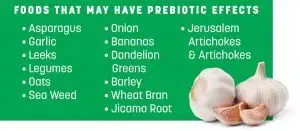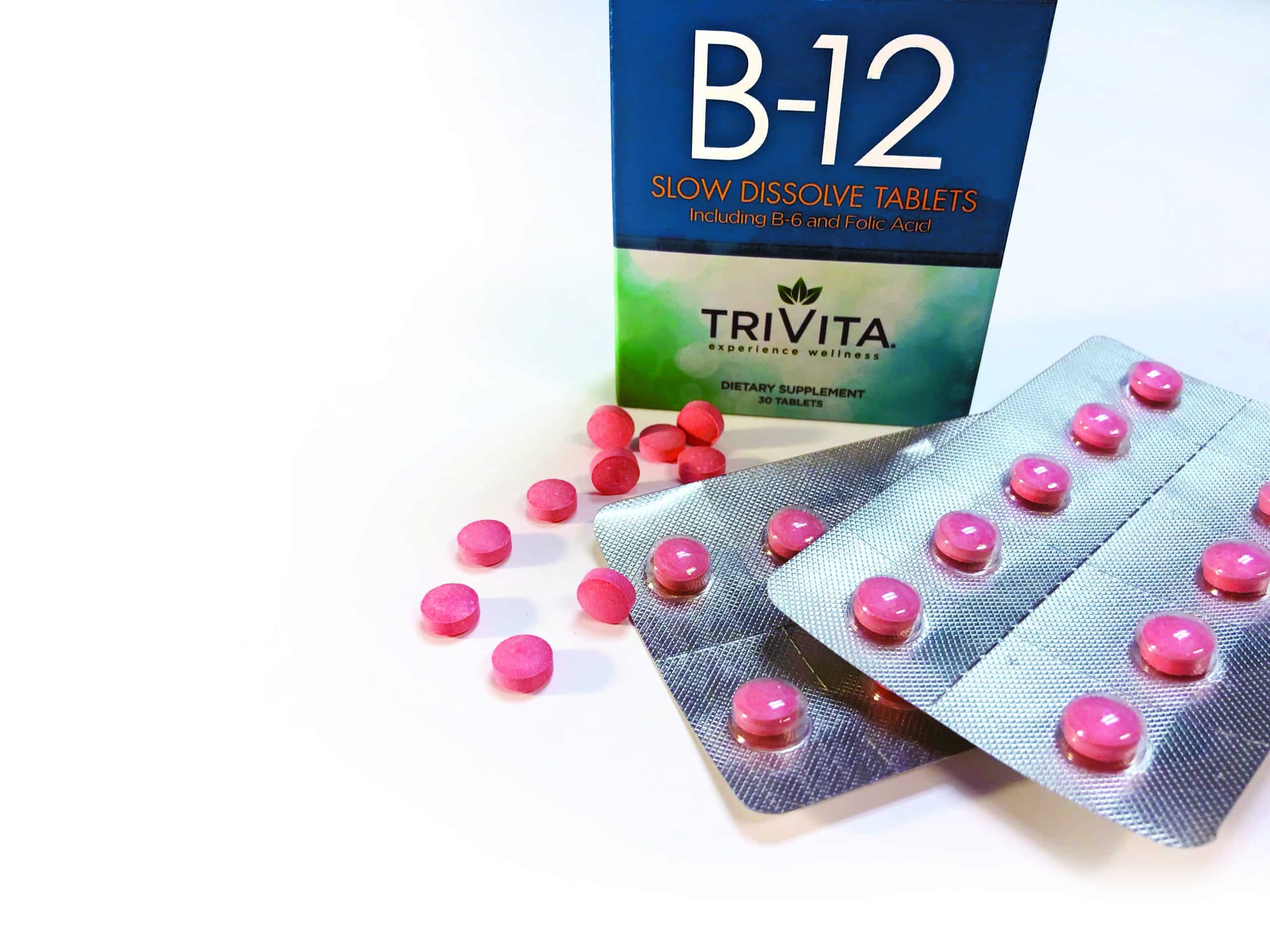Your cart is currently empty!
Category: Health and Wellness
-

The Benefits of Fish Oil
How adding fish oil to your diet can help
All saturated and monosaturated fats can be made by the body and do not need to be supplied through the diet. However, the body is unable to make two types of polyunsaturated fatty acids (PUFA) that have been shown to have much beneficial health effects1:- Alpha-linolenic acid (Omega-3) found in flaxseed, flax oil, spinach, broccoli
- Linoleic acid (Omega-6) found in soy oil, sesame seeds, corn oil, and most nuts
Brain and Nerve Health Support2,3
- Approximately two-thirds of the human brain is made of fat
- Omega-3 fatty acids EPA and DHA are among the most important brain health nutrients
- DHA is the primary structural component of the brain
- Omega-3 and Omega-6 PUFAs constitute 30-35% of total brain fatty acids
- DHA levels decrease with age and are affected by the number of fatty acids in the diet
Vision Support4,5
- DHA is also critical for the development and function of the retina
Healthy Heart5,6
Omega-3 EPA/DHA:- May decrease triglyceride levels in plasma as well as the level of total and LDL (bad) cholesterol
- May normalize blood pressure by helping to increase and decrease levels of compounds that may result in blood vessel relaxation
Are Americans meeting nutritional guidelines for Omega-3 fatty acids? 7
- The 2010 Dietary Guidelines for Americans recommend consuming 250 mg/day of Omega-3 fatty acids (two 4 oz. servings of seafood/week)
Premium Fish Oil in an Easy-to-Swallow Soft Gel
If you’re considering adding Omega-3 to your diet, consider Omega3Prime supplements from TriVita, one of the cleanest, purest, and traceable fish oils on the market.
Sources:- http://web.stanford.edu/group/hopes/cgi-bin/hopes_test/fatty-acids/#saturated-vs-unsaturated-fat
- Luchtman DW, et al. Neuropharmacology 2013;64:550-565
- http://www.nutrasource.ca/uploads/userfiles/images/omega-3s%20and%20the%20brain%20-resized-600.png
- Innis SM. J Nutr 2007;137(4);855-859; Deckelbaum RJ, et al. J Nutr 2012;587S-591S; Wiktorowska A, et al. Adv Clin Exp Med 2015;24(6):931-941
- Wiktorowska A, et al. Adv Clin Exp Med 2015;24(6):931-941
- Bradberry JC, et al. P&T 2013;38(11):681-691
- Papanikolaou Y, et al. Nutr J 2014;13:31
-

Healthy Muscles Matter
Why are healthy muscles so important anyway?
Here are 5 interesting ways that muscle health affects you (#5 is going to shock you!)- Diabetes — Having healthy muscles actually decreases your risk of diabetes since muscle is not only important in blunting the magnitude of increases in blood glucose after meals. It also helps prevent decreases in the blood glucose level between meals. What that means to you is this: Maintaining healthy muscles is crucial for keeping your blood glucose levels in the normal range.
- Bone loss — Prevention of the loss of bone with aging (osteoporosis) is highly dependent on the maintenance of adequate muscle mass and function. That is because strong muscles put tension on the bone, and that is vital for healthy bone function.
- Heart health — Heart attacks and strokes are more common and usually more disastrous in individuals with depleted muscle mass. To say it another way: Those with healthier muscles live longer.
- Obesity — Muscle also plays a very important role in energy balance and prevention of obesity. Muscle burns fat because muscle is always burning, even while you are sleeping.
- Brain health — The essential amino acids become important chemical messengers in the brain that can affect mood, appetite, energy level, sex drive and many other behaviors and feelings that affect our lives.
-

Why Eating More Protein Will NOT Prevent Adult Onset Muscle Loss
Think eating more protein will prevent adult onset muscle loss? Think again! Unfortunately as we age,we start to lose more muscle mass every year.<sup>1</sup> Many people believe adding more protein in their diet will eliminate muscle loss and sadly that is not the solution. Even though eating a balanced diet and including exercise in our daily life are cruicial to optimize your health, sometimes even the most healthy lifestyle is not enough when it comes to onset muscle loss. This is where amino acids come into play. MyoHealth Amino acid supplement when added into our daily routine, can do many incredible things, one of them being preventing onset muscle loss.
- https://www.myohealth.com/science/
-

5 Tips to Ease Your Stress
Is stress getting the best of you?
Here are 5 easy ways to get rid of stress fast!
- Take a deep breath — When we’re stressed, we tend to take short shallow breaths. By taking a long deep breath, this forces your body to relax and de-stress.
- Move your body — Movement releases endorphins which make us feel happier and less stressed. Try going for a walk, dancing, biking, and hiking – anything that gets your body moving will do the trick!
- Think about something that you’re grateful for — Gratitude fills your heart with happy thoughts and shifts the focus from stress to happiness. Your thoughts of gratitude could be anything from having someone special in your life, a pet, a treasured possession, the sun shining or even the fresh rain falling down.
- Do something nice for someone — This could be a random act of kindness. Anything like calling a loved one or buying the coffee for the person behind you in line. Do something kind that would put a smile on someone else’s face. By focusing on creating happiness for someone else, this feeling will go full circle and make you feel happier (and less stressed)!
- Laugh — When we laugh, it releases happy brain chemicals that counteract stress. Find something funny on youtube, watch a funny show or call a friend that makes you laugh. If all else fails, just start to laugh at nothing – it will feel fake at first, but your body will still release the happy chemicals that will make you feel better fast!
Your Daily Stress Formula
There’s also a supplement to consider called L-Theanine. This is a natural supplement that helps your brain feel calm yet focused. L-Theanine is the calming compound found in green tea, but without the caffeine present in green tea. An easy and delicious way to try L-Theanine is in Adaptuit, which also contains adaptogens and antioxidants to help your body fight stress.
Sources: -

Digestive Enzymes For Greater Gut Health
Do you know what digestive enzymes can do for your gut health? Learn how digestive enzymes along with prebiotics and probiotics are the keys to optimal gut health!
For many people, how the digestive system functions is a bit of a mystery. Eat, eliminate, repeat is how most people think of this critical body system! To put it simply, the digestive system has five main functions: 1- breaks down food into useable nutrients
- absorbs nutrients
- keeps out invaders and identifies friend from foe
- regulates the immune system
- eliminates waste
 When things don’t go so well with our digestion, we tend to think of upset stomachs and uncomfortable stays on the royal porcelain throne.
Eating junk, processed and nutritionally-poor foods, stress, and aging all make it more challenging for our digestive system to work properly. Bloating, gastrointestinal discomfort and indigestion often result.3
This can be caused from a lack of stomach acid, deficient digestive enzymes, insufficient bile, or bacteria in the GI tract (also known as gut flora or microbiome) that is out of balance.1
A plant-based diet of whole foods, adequate hydration, proper sleep and stress reduction can all help to support optimal digestion. When you need extra assistance, consider nutritional supplements such as prebiotics, probiotics and digestive enzymes.
When things don’t go so well with our digestion, we tend to think of upset stomachs and uncomfortable stays on the royal porcelain throne.
Eating junk, processed and nutritionally-poor foods, stress, and aging all make it more challenging for our digestive system to work properly. Bloating, gastrointestinal discomfort and indigestion often result.3
This can be caused from a lack of stomach acid, deficient digestive enzymes, insufficient bile, or bacteria in the GI tract (also known as gut flora or microbiome) that is out of balance.1
A plant-based diet of whole foods, adequate hydration, proper sleep and stress reduction can all help to support optimal digestion. When you need extra assistance, consider nutritional supplements such as prebiotics, probiotics and digestive enzymes.



Sources:- Special Report: Gut Health – The Key to a Healthy Life by Robert Sheeler, MD
- http://education.seattlepi.com/food-nutrients-bloodstream-osmosis-4574.html
- http://www.acam.org/blogpost/1092863/180732/Digestive-Health–Total-Body-Health
-

Prebiotics and Probiotics For Ultimate Gut Health
Do you know what digestive enzymes can do for your gut health? Learn how digestive enzymes along with prebiotics and probiotics are the keys to optimal gut health!
Poor diets, environmental toxins, hormonal changes, and aging can impact our digestive system, commonly resulting in problems such as 1-2
- Bloating
- Gas
- Heartburn
- Diarrhea
- Nausea
- Vomiting
You can support a well-balanced gastrointestinal (GI) tract by supplementing your diet with prebiotics, probiotics and digestive enzymes. But wait … what are prebiotics you ask? Prebiotics are natural, non-digestible food components that support the growth of beneficial bacteria in your intestinal tract. Think of prebiotics as the “good” bacteria promoters for probiotics to eat and thrive. 3Probiotics are the “good” bacteria (also called live cultures) like those naturally found in your gut. These active cultures help change and/or repopulate intestinal bacteria to balance gut flora. When probiotics and prebiotics are combined, they work together synergistically to support your digestive health, boosting immunity and overall health especially gastrointestinal health. Both prebiotics and probiotics can be found in certain types of food. For probiotics, choose foods that will contribute live cultures such as bifidobacteria and lactobacilli to your GI tract.
What Foods Contain Prebiotics?

What Foods Contain Probiotics?
Probiotics can be found in: Fermented dairy foods: such as yogurt, kefir products, and aged cheeses. Non-dairy foods: such as kimchi, sauerkraut, miso, tempeh, and cultured non-dairy yogurts.
When Food Isn’t Enough
Do you need extra supplement support beyond food? Try our MyFloraDaily products.


Sources:
-

Over 50?
Chances are you’re B-12 deficient 1
VITAMIN B-12 FOR MENTAL CLARITY, FOCUS AND ENERGY
Vitamin B-12 is a nutrient that is essential for life and healthy aging. It is required for metabolism, a process that encompasses all the physical and chemical processes in the body that convert or use energy. This includes breathing, blood circulation, muscle contraction, food digestion and brain/nerve function.2 3 Signs of low Vitamin B-12 levels include weakness, fatigue, motor disturbances and a range of behavioral changes including mood and personality.4 Therefore, supplementing with Vitamin B-12 may help support mental clarity, focus and energy. You could have a B-12 deficiency if you:1
- Are over age 50
- Follow a vegetarian or vegan diet
- Have had gastrointestinal disorders
Get the B-12 you need. As science continues to show more and more ways that a lack of B-12 adversely affects our health, it becomes even more important that we use a supplement that effectively provides our bodies and our brains with the Vitamin B-12 they so desperately need.
KEY SIGNS OF DEFICIENCY
The Centers for Disease Control and Prevention (CDC) warns healthcare providers to watch their patients for these signs of low Vitamin B-12 levels:4
- Fatigue
- Weakness
- Shortness of breath
- Pale skin
- Anemia
- Tingling of the hands and feet
- Hallucinations
It’s important to note that even if you have any of these signs, it does not necessarily mean that you have a B-12 deficiency. These signs could stem from many causes. However, it does mean that your healthcare provider might want to rule out B-12 deficiency as a possible culprit.
Sources: